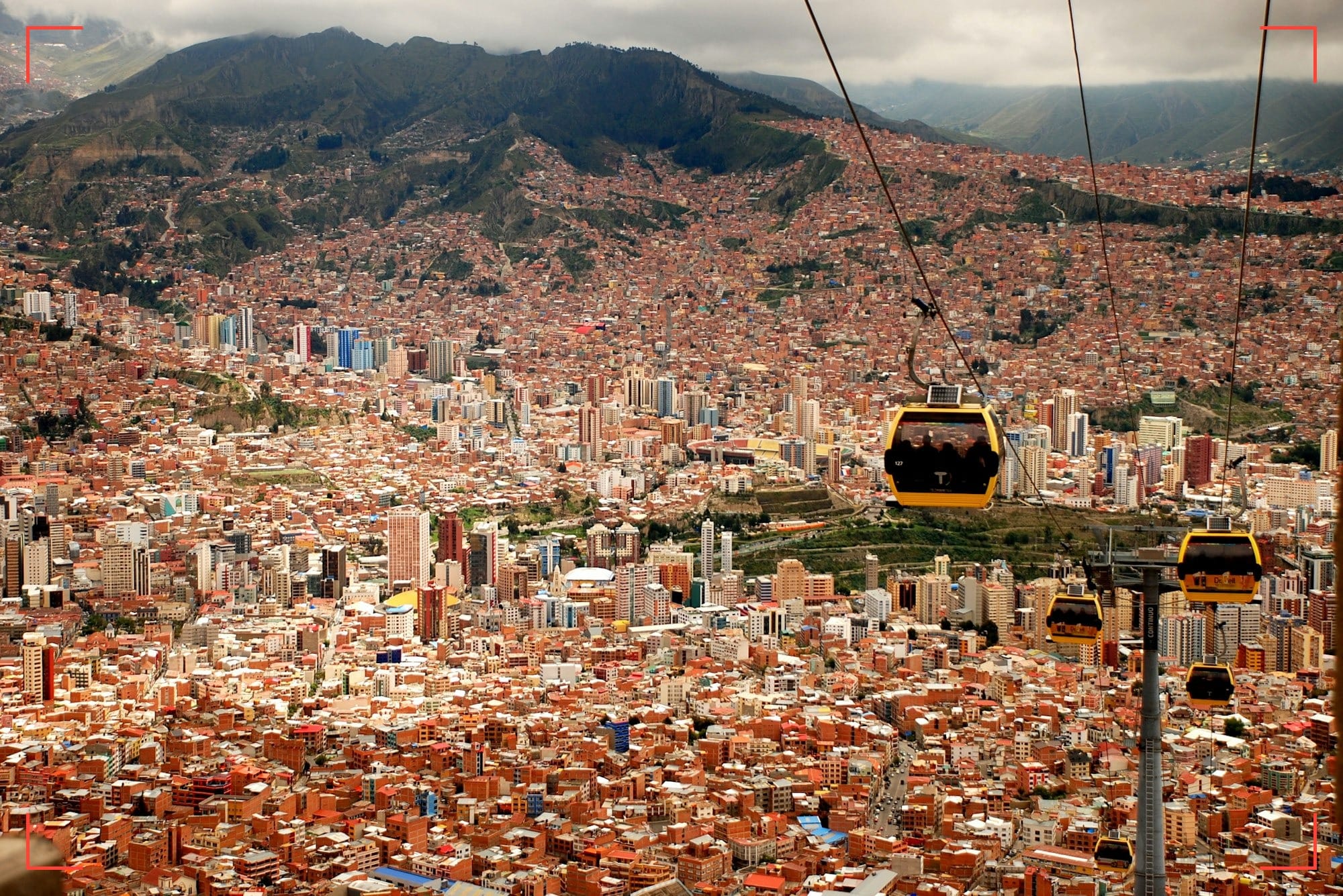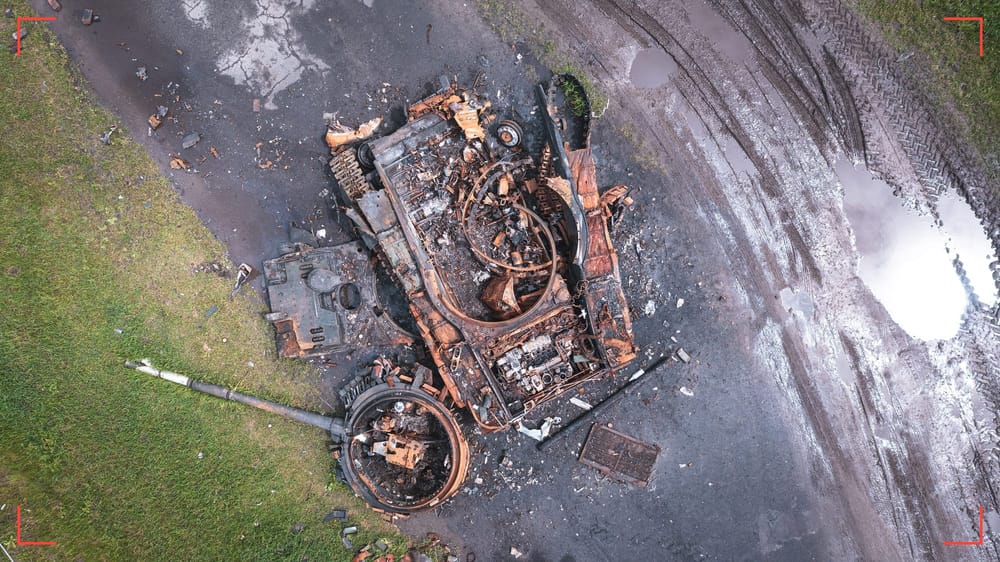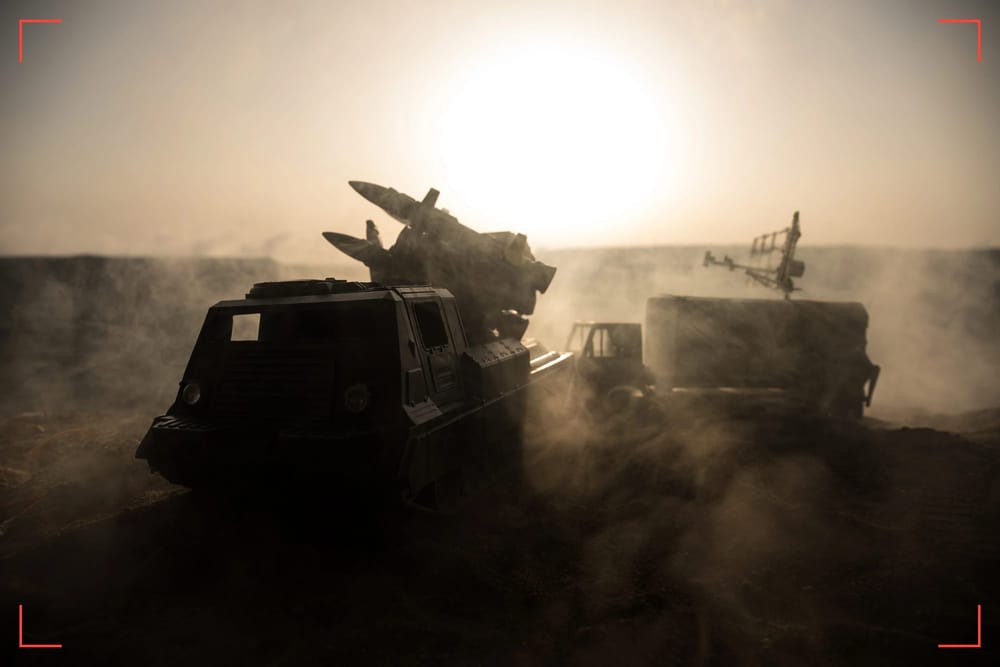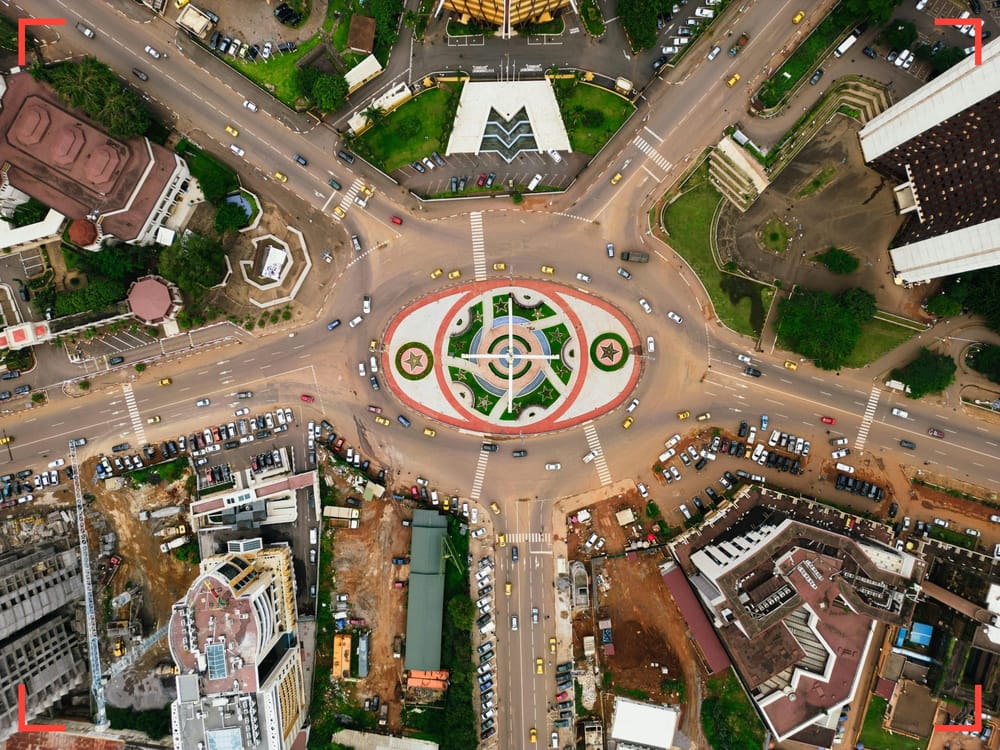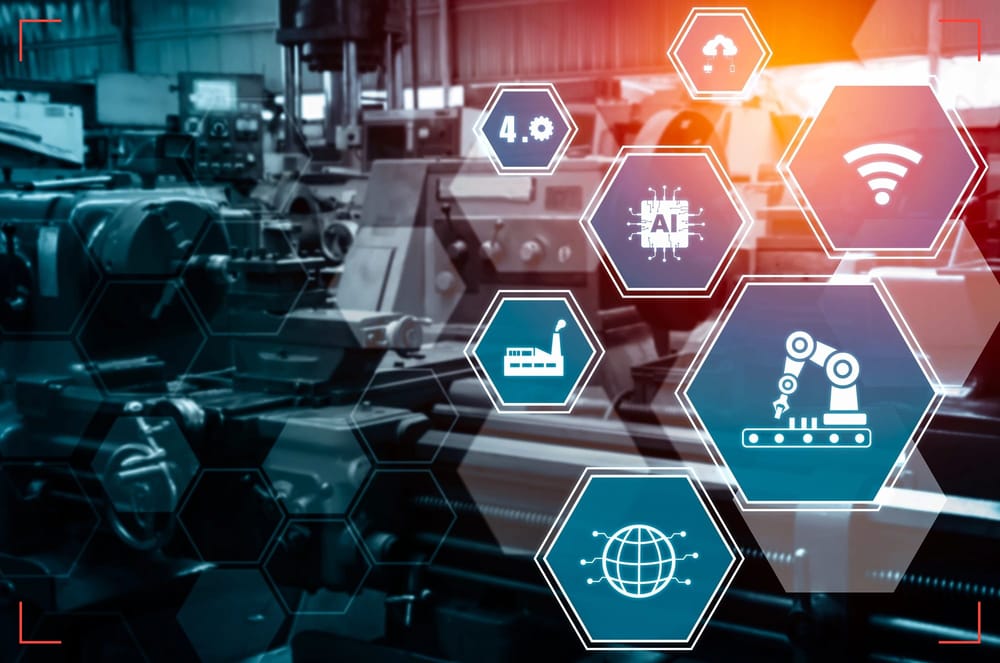Report Details
Initial Publish Date
Last Updated: 16 AUG 2025
Report Focus Location: Bolivia
Authors: DA
Contributors: GSAT
GSAT Lead: MF
RileySENTINEL provides timely intelligence and in-depth analysis for complex environments. Our global team blends international reach with local expertise, offering unique insights to navigate challenging operations. For custom insights or urgent consultations, contact us here.
Key Findings
- Bolivia’s 2025 elections mark the most competitive race in two decades, with the ruling MAS split between Evo Morales and President Luis Arce.
- Polling indicates a high likelihood of a runoff (October 19, 2025) — unprecedented in Bolivia’s modern electoral history.
- Economic crisis (inflation, fiscal deficit, declining gas revenues) fuels voter discontent and deepens polarization.
- Lithium reserves are a central electoral issue; candidates diverge on whether to prioritize state control, foreign investment, or decentralization.
- Santa Cruz region remains the epicenter of right-wing opposition, with capacity to mobilize disruptive civic strikes and blockades.
- Institutional fragility (judicial disputes, contested candidacies, coup attempt in 2024) raises concerns about legitimacy and governance continuity.
- Indigenous and rural constituencies remain pivotal, though MAS’ historical dominance is weakening as opposition appeals expand.
- Security environment is volatile: protests, blockades, and occasional violent flare-ups are likely in pre- and post-election periods.
- Regional actors (Argentina, Brazil, China) are closely watching the lithium policy trajectory, amplifying Bolivia’s geopolitical weight.
- NGOs and private-sector actors face elevated operational risks, requiring mobility protocols, supply-chain redundancy, and reinforced stakeholder engagement.
Summary
Bolivia’s 2025 general elections represent a decisive juncture for the country’s political stability and regional influence. For the first time in two decades, the ruling Movement for Socialism (MAS) confronts internal fragmentation, with Evo Morales and President Luis Arce advancing competing claims to party leadership. This fracture, coupled with resurgent opposition figures such as Carlos Mesa and Luis Fernando Camacho, points to an unprecedented likelihood of a runoff, underscoring deep polarization and institutional fragility.
The vote occurs amid acute economic stress — inflation, fiscal deficit, dwindling gas revenues — and heightened contestation over lithium, Bolivia’s strategic resource with global implications. Candidates’ divergent positions on state control versus foreign partnership in lithium exploitation highlight the stakes for both domestic governance and international markets.
For external actors — NGOs, investors, and regional stakeholders — the elections will shape the operating environment through 2025 and beyond. Protests, supply-chain disruptions, and regulatory shifts are highly probable, making proactive risk mitigation and scenario planning essential.
Remaining content is for members only.
Please become a free member to unlock this article and more content.
Subscribe Now


